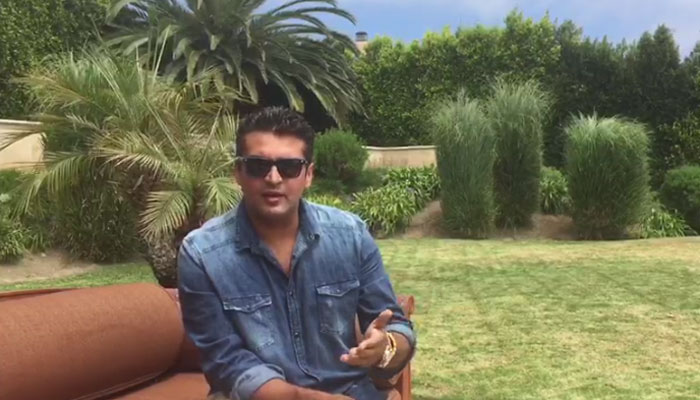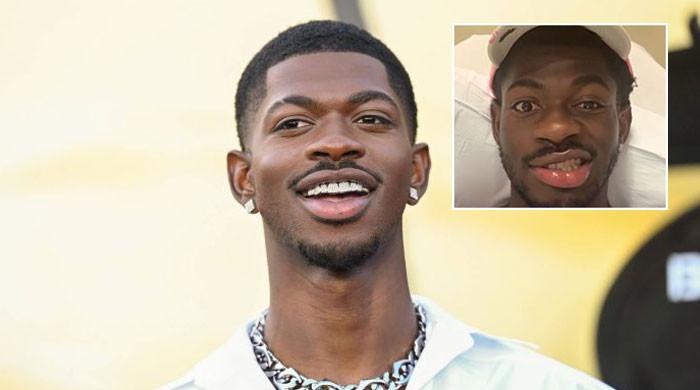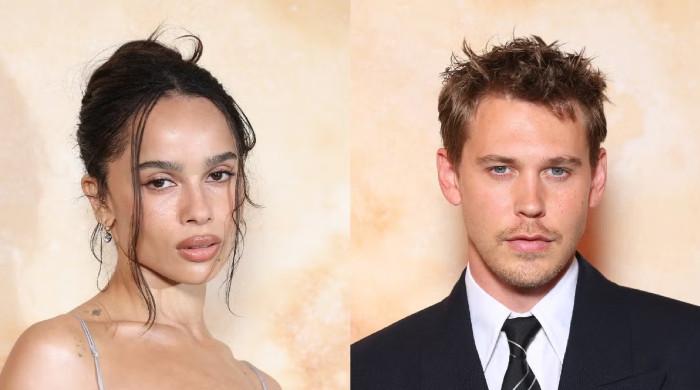Fakhr-e-Alam reveals what led to controversial rap ‘Shikwa-e-Pakistani’
In a tell-all interview, the singer revealed what led him to break his singing hiatus
August 10, 2017

After trying his hand at several things -- from singing, hosting, interviewing celebrities and special appearances -- veteran singer and host Fakhr-e-Alam is back to where he started from -- singing.
In a tell-all interview, the singer revealed what led him to break his singing hiatus and produce a fierce and searing critique of the country’s socio-political situation in his latest song ‘Shikwa-e-Pakistani’.
The song, which narrates the situation from the purported lens of a Pakistani citizen, is about the problems a Pakistani faces at several stages in life.
We asked the singer a myriad of questions, ranging from the inspiration behind the song, collaboration with budding talent Shezan Saleem, brutal lyrics to probable backlash.
As for the first query, Alam responded that the inspiration came from within as he didn’t want to hold back, adding that he wanted to do meaningful music.
The song was conceived to coincide with Pakistan's 70th birthday, the singer said.
“Shikwa-e-Pakistani is based on Pakistan, its history, current affairs and future. When you hear the lyrics you can relate them to your daily life,” said Alam.
As for rapping, this is where I started from, it is in my roots, he commented on the question regarding his initiative regarding rap music.
The song isn’t a solo by Fakhr-e-Alam, it features Shezan Saleem as well. On his collaboration, Alam stated that he ‘reverse migrated Shezan from Canada, whose primary condition was that the two should collaborate on music in future. Shezan Saleem, who is the son of iconic musician Saleem Javed, is also the CEO of Alam’s company.
“It is just not Shikwa-e-Pakistani, after a while you guys will witness Jawab-e-Shikwa Pakistani too,” said the singer.
When it came to the controversial lyrics of the song, Alam was of the opinion that it is a digital release and due to censorship it won’t be seen on TV channels.
“All the Pakistanis wrote the lyrics, their emotions and expressions formed lyrics of the song,” said Alam who also served as chairman of Sindh Board of Film Censors from 2013 to 2016.











